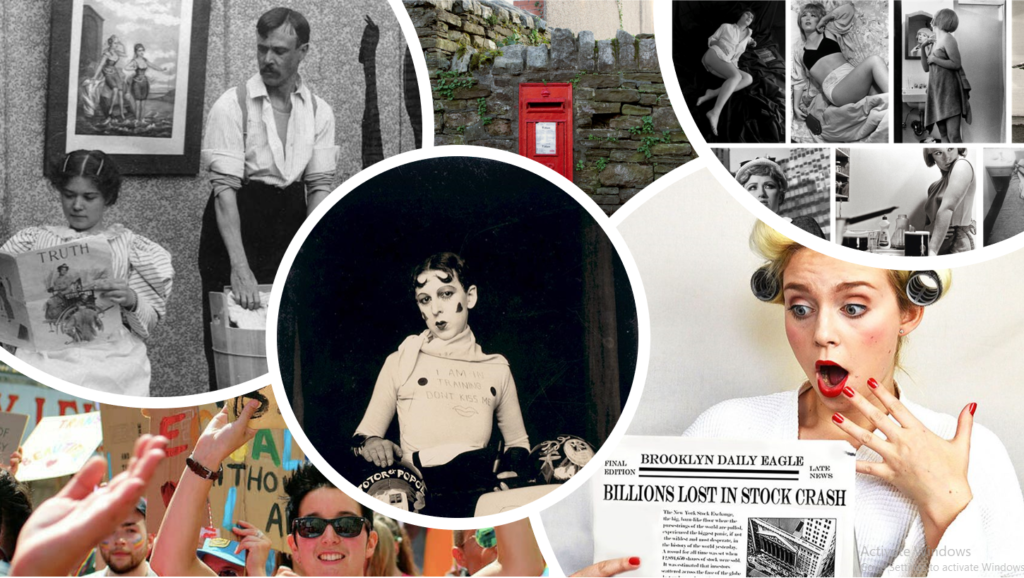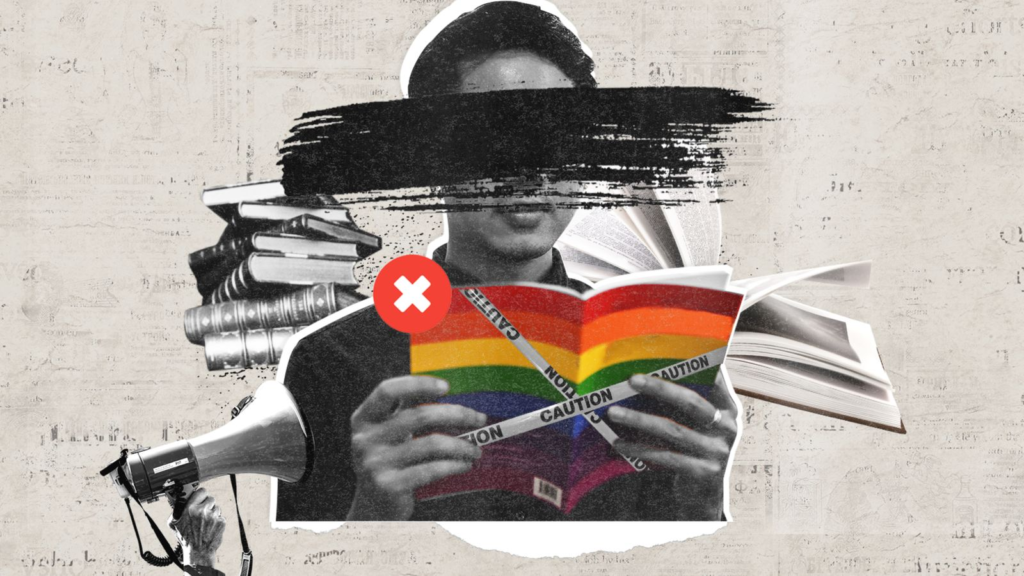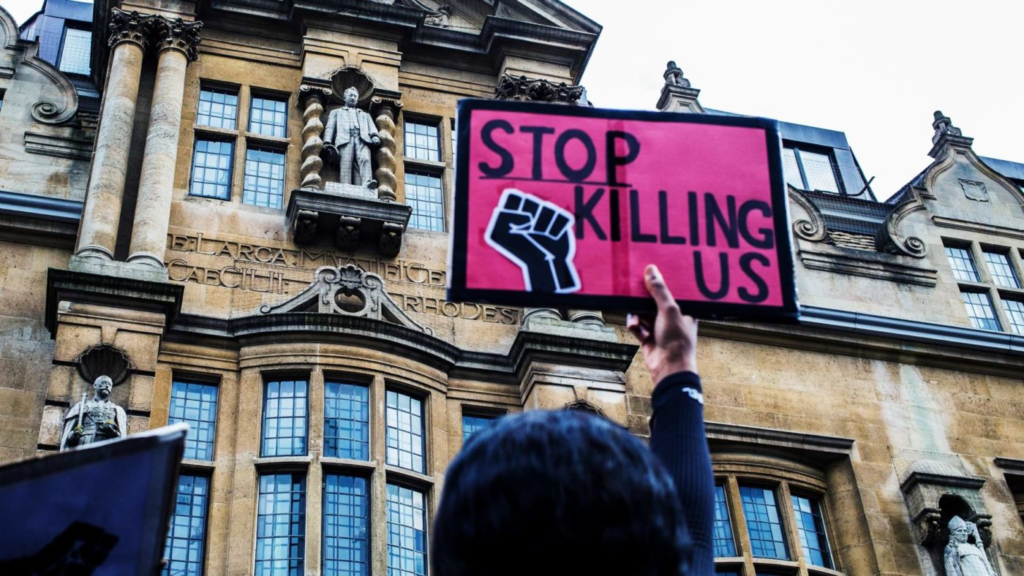
Identity Politics
My view on identity politics is that everyone should represent and express the way that they feel they want to, if that’s through “social background, sexual orientation, race and nationality etc.”. I believe that it’s good that “identity politics” are a thing as it allows support and a range of ideas throughout people’s mindsets (Jersey moving in English Language despite loosing identity in Jerrias). In terms of culture wars, I think social media can influence the way media present these “culture wars” e.g George Floyd BLM, Winston Churchill statue in Parliament Square, EU Referendum (Brexit), Oprah Winfrey Interview with Harry and Meghan etc.
Culture Wars are “cultural conflicts” between these social groups and the struggle for dominance of their values, beliefs, and practices. Examples of this can be the 2020 culture wars of BLM, abortion laws, gay rights and/or gun control.

General Societal Disagreement & Polarization in social values is seen. The terms are often used to describe the politics of “contemporary” in western democracies with political issues like abortion, homosexuality, transgender, pornography, multiculturalism, racial viewpoints.
These “identity politics” can impact society through the division of people’s opinion for example on the LGBTQ+ community.
Some of the positive aspects of groups harnessing their shared identity and political views as it can allow individuals to be parts of a larger scale and have a sense of belonging, confidence and community in their “social world”.

The danger of tribalism dividing communities is that groups will break apart meaning their will be a division of thoughts/ideas within the media being controversial there may be outbreaks, arguments and potential assaults.
Within a global perspective there would be a lot of disagreement and discussion ex. social media apps like Twitter (X) where opinions can be shared freely and a quicker reach.
Within a local perspective, the extent of disagreement won’t be too at a large extent like globally as opinions have to be brought from one place specifically.
How identity can be influenced by “place”, or belonging environment, or upbringing regarding
gender identity
- How an individual portrays and feels about their gender/ their own individual experience of gender. A person gender may or may not be the same as “or different from their birth assigned sex”.
cultural identity
- It is a part of a person’s identity, it’s the feeling that you belong and feel a part of a group of people like you. Shared qualities may be like birthplace, traditions, practices and beliefs. As well as music, art, food can also “shape” your cultural identity.
social identity
- Social identity groups are usually defined by some physical, social and mental characteristics of individuals. Examples of these can be: gender, your sexual orientation, race/ethnicity, class/socioeconomic status, disabilities and religion/religious beliefs.
geographical identity
- A person’s or a groups’s sense of attachment to the country, region, city or village they live in/ belong to.
political identity
- a form of a social identity marking membership of certain groups that share a common struggle for a certain form of power.
lack of / loss of identity
- feeling disconnected from who they have been and/or no sense as to who they will become next
stereotypes
- a fixed general image or set of characteristics that a lot of people believe represent a particular type of person.
prejudices
- a preconceived/ generally negatively opinion that is not based on reason or actual experience.
- examples of this can be:
- race, gender, sexism, ageism and/or homophobia.
